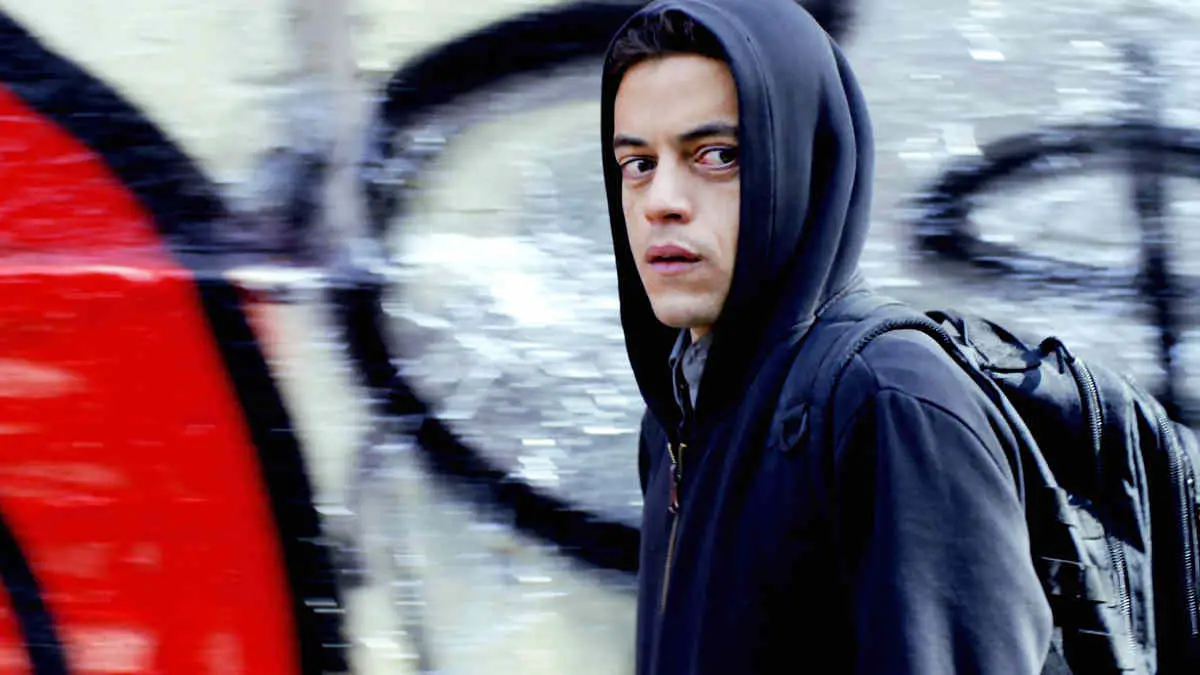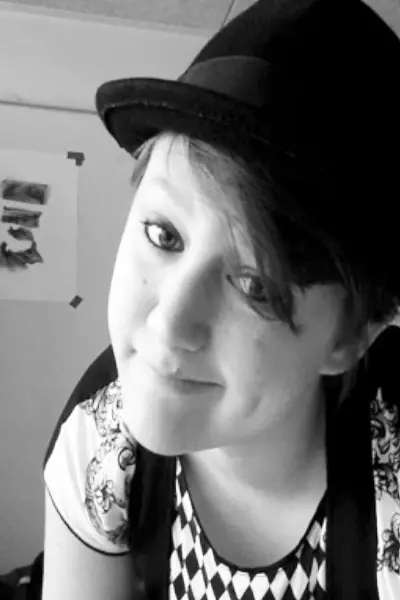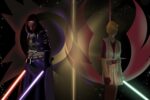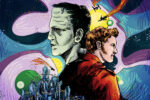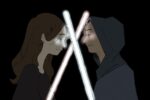A Study in Media Allusion
Many shows now expect their viewers to have a mental catalogue of iconic references, but what if you don’t?
By Shiloh McKinnon, Reed College
Please note: This article contains spoilers for the last episode of Season 1 of “Mr. Robot.” Nothing after that is mentioned.
It’s a sunny day in the middle of summer.
The heat (and Pokémon Go) had driven my friends and I outside. As we sat around, sipping our drinks and contemplating the current state of television, the conversation turned to a show that all three of us had watched—“Mr. Robot.” Of course, the first thing we started talking about was the twist, how the show did and didn’t telegraph it, and plot points that suddenly made sense with the twist in mind.
I had been keeping up with the conversation up until that point; I had seen the first season after all, but then one of my friends started talking about the second twist and I realized I was lost. I explained that I got the first twist, “Mr. Robot” is Elliot’s dad and Darlene is his sister, but I had no idea what else my friends were talking about. Finally I asked. It was only then, two months after finishing the complete first season, that I understood how the show had ended.
“Have you seen ‘Fight Club’”? one of my friends asked by way of explanation, as if that cleared up everything.
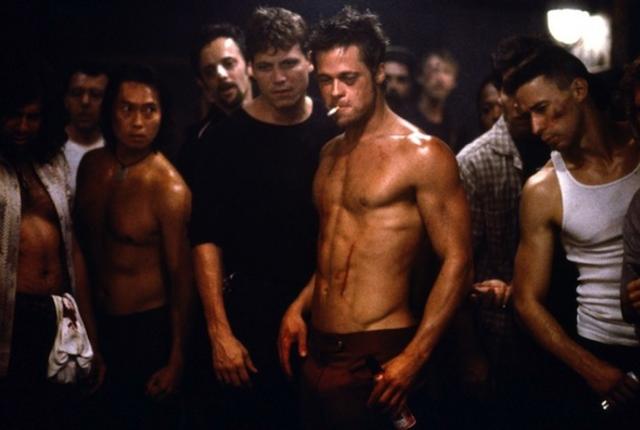
I had to admit that I hadn’t. I hadn’t seen “Fight Club,” I didn’t know who Tyler Durden was and, most importantly, I didn’t know that Edward Norton was Tyler Durden. Just like I didn’t understand that Elliot was Mr. Robot in the exact same way.
It’s true that the show technically provided me with all the necessary information to make that contextual leap, but without a precedent, I just…wasn’t able to. My friends had seen “Fight Club,” so they had some sort of template for the plot. When hallucinations and delirium start to become important to story, they know what to expect. Without ever having seen “Fight Club,” I don’t have the necessary media background to put together the clues in “Mr. Robot’s” plot. And “Mr. Robot,” like many TV shows and movies, requires that legacy of media from its viewers.
Take “Star Wars: The Force Awakens.” Rey is an orphan left on a desert planet who spends the majority of her childhood waiting for her parents to come back. Without any previous Star Wars knowledge, the plot point seems pretty dramatic. It’s implied that eventually, probably in the next movie, Rey is going to learn about her parents, maybe meet and/or save them so they can tell her how proud of her they are.
Without any Star Wars knowledge, the question of “Who are Rey’s parents?” is a relevant one. It’s also one that the viewers have almost no information they can use for theory crafting. In most cases, that would lead to a nigh obsessive fanbase pulling together whatever scraps of knowledge they have to put together plausible stories for Rey’s parents—similar to how the current fans treat Kylo Ren.
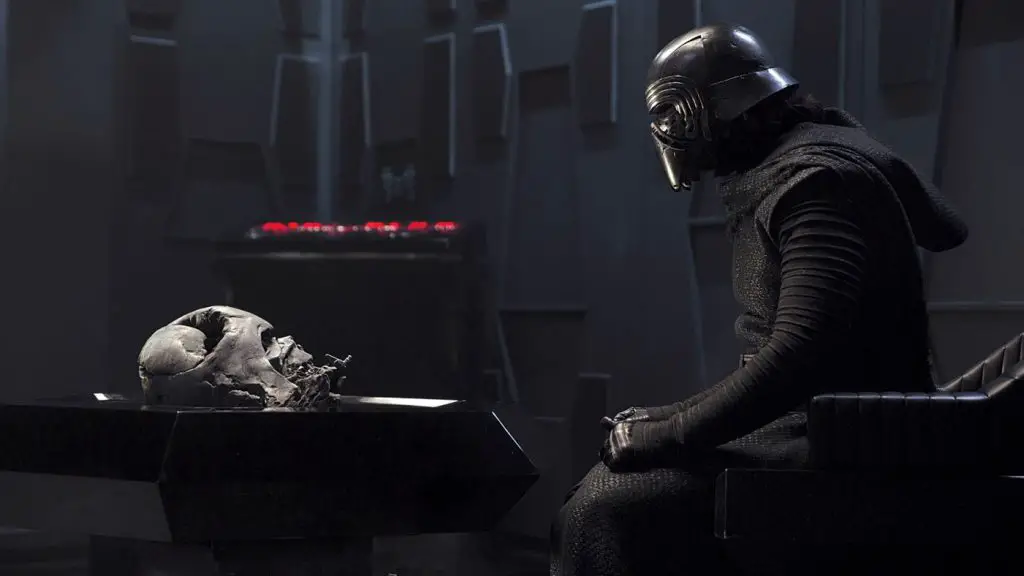
Those theories don’t exist though, because “Star Wars: The Force Awakens” is a Star Wars movie, and that means that all of the viewers are aware of the twist essential to the series: That Darth Vader is Luke’s father. They’re prepared for that twist again. No matter what Rey’s parentage ends up being (and my money is on Luke), there’s no drama left in the reveal.
Because the audience is savvy with the rest of the Star Wars cinematic franchise, or really just the original trilogy, they’ll be expecting the most spectacular and dramatic reveal. If that reveal actually happens, they’ll be bored, and if it’s less exciting, they’ll probably be disappointed. It appears that the Star Wars writers have written themselves into a Catch 22 here because of legacy the original trilogy left.
The showrunners of the rebooted “Voltron: Legendary Defenders” are aware of this effect and purposefully took it into their advertising strategy for the second season.
Rather than get discouraged by the fans expecting a major plot twist, in this case, the death of Shiro, the Black Paladin, the showrunners decided to capitalize on the knowledge the fans believed themselves to have. Because of the way it happened in the original series, half the current Voltron fans are expecting Haggar, the witch, to kill Shiro at some dramatic moment. This expectation, of course, ruins the drama.
It’s unclear whether or not the seventh Star Wars episode is going to focus on Rey’s parentage, though I suspect it will, and there’s no way to know, at least before the first trailer is released, how heavily it intends to rely on that nonexistent suspense. Voltron doesn’t leave that question up to chance.
The Season 2 sneak peak trailer from Comic-Con this year opened with the polarizing lines, “Keith, if I don’t make it out of this, I want you to lead Voltron.” You don’t have to be particularly genre savvy to know that those are the words of a man who expects to die. The fact that they’re spoken by Shiro, the incarnation of the character that so emblematically dies in the 80s series, just hammers the point home—this is an homage to the original material.
I suspect that it’s also an advertising trick. Because the Voltron crew is aware that its audience expects Shiro to die, they have to address that immediately, which they choose to do by insisting that Shiro will, in fact, die in Season 2. Regardless of whether that’s true or not, the audience is now expecting Shiro to die. All the drama of Season 2 will be set against that expectation. Which means that Shiro not dying is just as dramatic and unexpected for an informed audience as his actual death would be.


